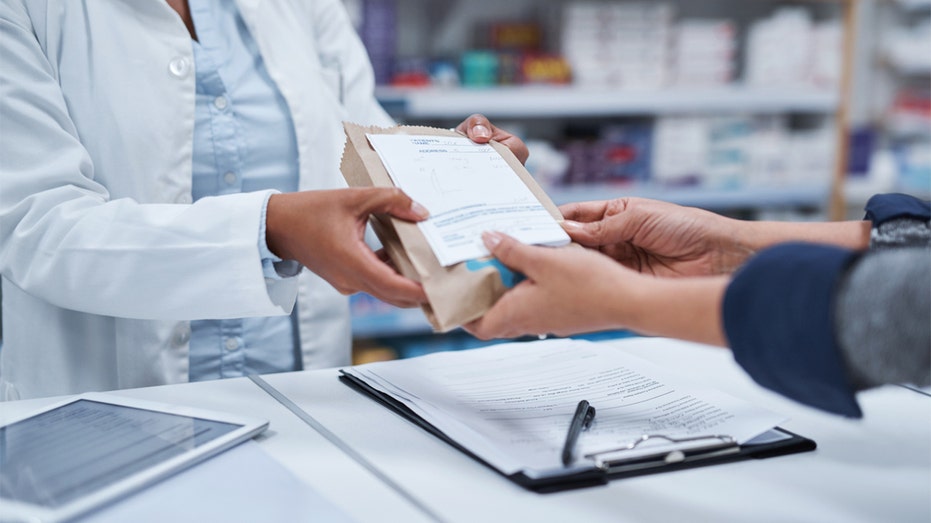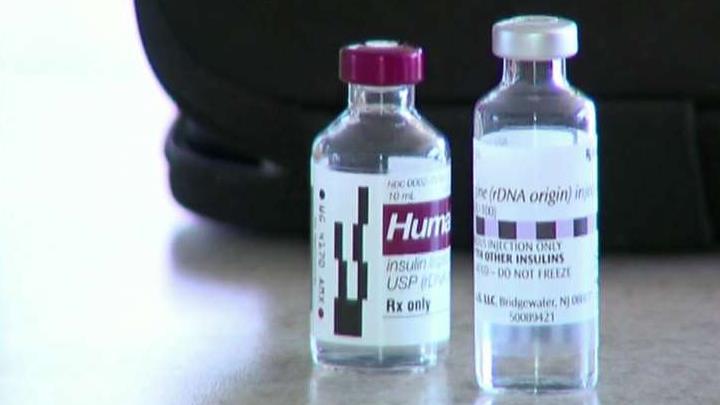The cost of insulin can be deadly
Congress recently slammed Sanofi, Novo Nordisk and Eli Lilly, the top three insulin producers in the U.S.
The cost of insulin is life or death for many Americans who can’t afford the diabetes medication.
More than 100 million Americans are living with diabetes or prediabetes, according to the Centers for Disease Control. And just one vial of insulin can cost hundreds of dollars with insurance. Some who can't afford insulin have died rationing the medication, while others rely on donated samples.

Many Americans can't afford the cost of insulin, which can be priced at upwards of $100 per vial. (iStock).
And more states are passing legislation to cap the cost of insulin costs at more affordable prices. Virginia lawmakers passed a bill this week forcing insurance companies to put a cap on insulin costs at $50 a month. The bill will result in one of the lowest caps on insulin prices in the country, The Virginia Mercury first reported on the bill's passage. Illinois and Colorado both have a cap on insulin prices at $100 per month, and New Mexico passed legislation for the lowest insulin cap at $25 on March 5.
Insulin, which keeps blood sugar levels from getting too high or low for people with Type 1 or Type 2 diabetes, has tripled in cost between 2002 and 2013, according to the American Diabetes Association. And Americans pay 10 times more for insulin than Canadians do. Congress blasted big pharmaceutical companies such as Sanofi, Novo Nordisk and Eli Lilly, the top three insulin producers in the U.S., in December for not offering more accessibly priced versions of their diabetes medicine.
DIABETIC AMERICANS FORCED TO TRAVEL TO CANADA TO BUY INSULIN
The drug price debate has been a hot one for presidential candidates. Last summer Vermont Sen. Bernie Sanders drove to Canada with a caravan full of diabetics to get more affordable insulin to shed light on the need for affordable medicine for all.
Now, with COVID-19 continuing to spread in the U.S., health officials urge people to boost their supply of routine prescription drugs in case they are unable to access a pharmacy. Blue Cross and Blue Shield said it would waive early medication refill limits on 30-day prescription medications or allow members to utilize their 90-day mail-order benefit.
The Centers for Disease Control and Prevention advises users to get an “emergency supply” of extra medicine, and the Department of Homeland Security recommended a “continuous supply,” however neither specified an exact quantity.
Coronavirus is already beginning to lead to drug shortages across the country. Last week, the U.S. Food and Drug Administration said it identified 20 drugs with ingredients or final products that come from China where the virus continues to spread.
CLICK HERE TO READ MORE ON FOX BUSINESS




















